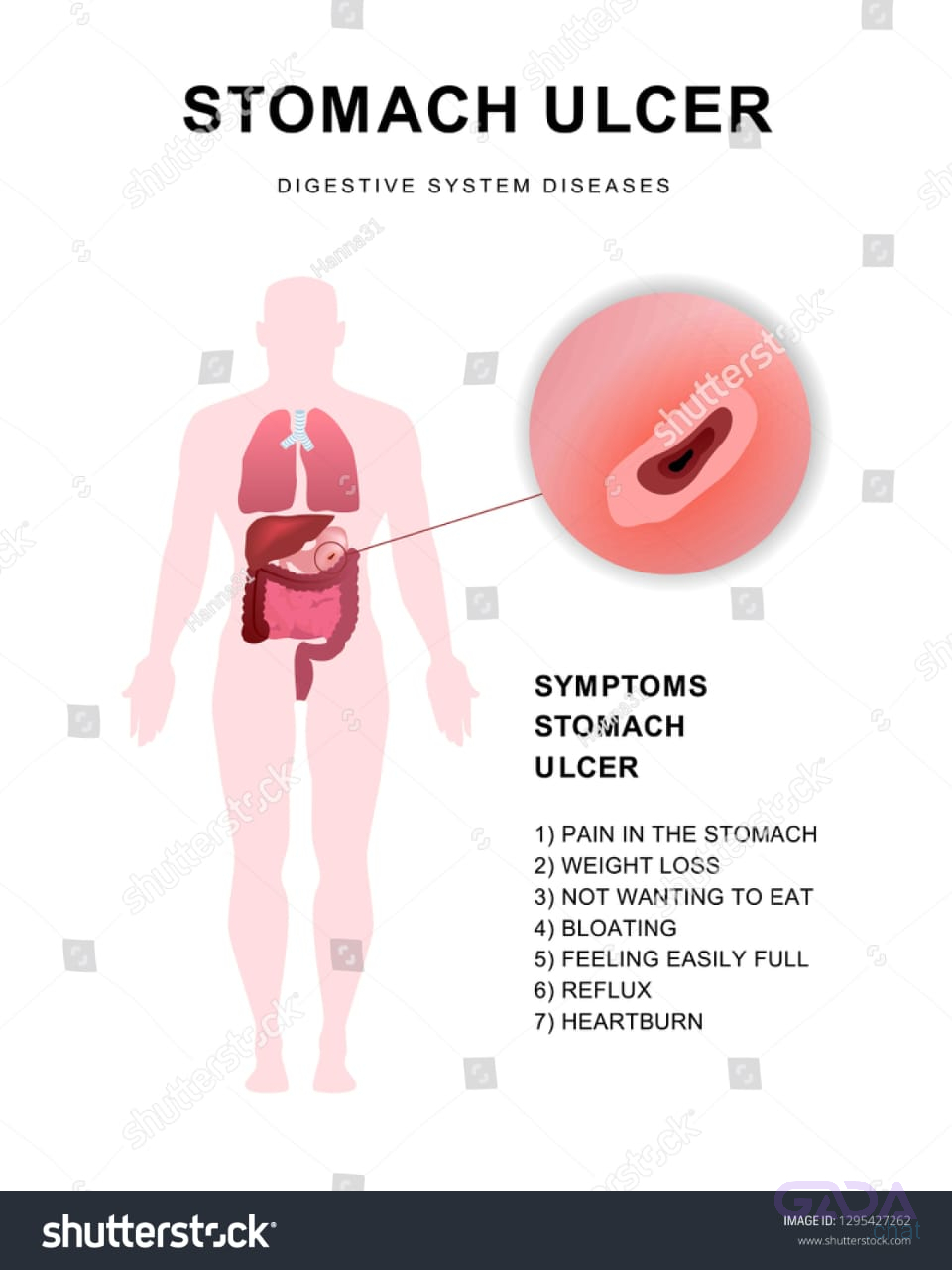*How Does H. pylori Damage Your Stomach?*
Once it is in your stomach and intestine, H. pylori causes an inflammatoryresponse that damages the cells that line the stomach. The parietal cellsare responsible for producing stomach acid which becomes damaged.
Research indicates that H pylori bacteria prime the immune system to makeantibodies that actually attack the lining of the stomach and, in particular, theparietal cells that make acid.
This condition, where your own immune system begins to attack its own tissues,is called an autoimmune reaction.
The autoimmune attack against the parietal cells(stomach cells that responsible for gastric secretion) can lead to lower levels of stomach acid. Once stomach acid is low, it is notpossible for you to digest and absorb food properly. This can lead to a slowpassage of food through the digestive tract, symptoms such as heartburn,bloating, constipation and abdominal pain, as well as nutrient deficiencies suchas iron deficiency (anaemia) and B vitamin insufficiency.
If stomach acid levels are too low, food may sit in your stomach for too long andputrefy(decay).
The gases produced during this putrefaction(decaying) can cause reflux, heartburnand other unpleasant symptoms.
The biggest problem with this scenario is thatdoctors will often prescribe heartburn or reflux medications because we think the symptoms are being caused by too much acid. Here, treatment using antacid medications often worsens the problem.
Studies have shown that H. pylori bacteria prefer to live in the least acidic areas of the stomach.
It is therefore likely that antacid and PPI medications such as
omeprazole and lanzoprazole (brand names Nexium, Prilosec, Prevacid) mayactually help H. pylori survive.
Shocking right
Once it is in your stomach and intestine, H. pylori causes an inflammatoryresponse that damages the cells that line the stomach. The parietal cellsare responsible for producing stomach acid which becomes damaged.
Research indicates that H pylori bacteria prime the immune system to makeantibodies that actually attack the lining of the stomach and, in particular, theparietal cells that make acid.
This condition, where your own immune system begins to attack its own tissues,is called an autoimmune reaction.
The autoimmune attack against the parietal cells(stomach cells that responsible for gastric secretion) can lead to lower levels of stomach acid. Once stomach acid is low, it is notpossible for you to digest and absorb food properly. This can lead to a slowpassage of food through the digestive tract, symptoms such as heartburn,bloating, constipation and abdominal pain, as well as nutrient deficiencies suchas iron deficiency (anaemia) and B vitamin insufficiency.
If stomach acid levels are too low, food may sit in your stomach for too long andputrefy(decay).
The gases produced during this putrefaction(decaying) can cause reflux, heartburnand other unpleasant symptoms.
The biggest problem with this scenario is thatdoctors will often prescribe heartburn or reflux medications because we think the symptoms are being caused by too much acid. Here, treatment using antacid medications often worsens the problem.
Studies have shown that H. pylori bacteria prefer to live in the least acidic areas of the stomach.
It is therefore likely that antacid and PPI medications such as
omeprazole and lanzoprazole (brand names Nexium, Prilosec, Prevacid) mayactually help H. pylori survive.
Shocking right





